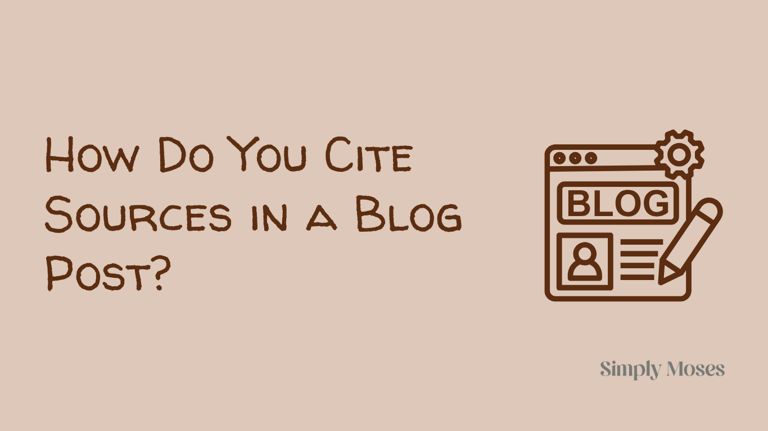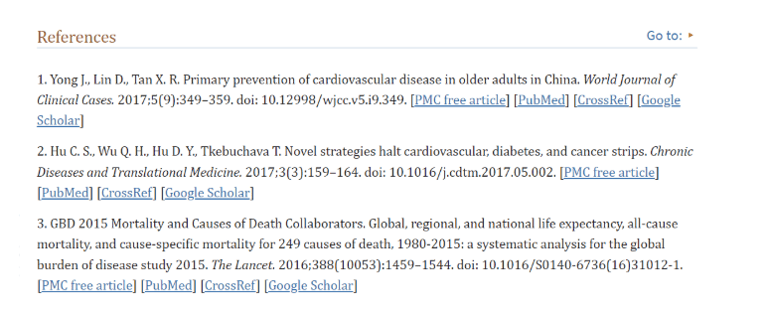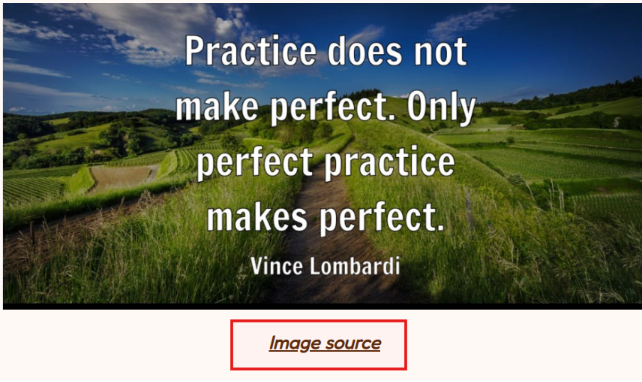🛑 Stop Guessing & Take Action Today!—Limited seats to ensure personalised attention! 👉 Learn More.
How Do You Cite Sources in a Blog Post? 3 Simple Ways (Plus Examples)
Discover 3 simple ways to properly cite data sources in your content: using hyperlinks, in-text mentions, and a reference list. Learn to give credit where it's due and boost your blog post’s credibility.
By Moses Attamah
8/27/20253 min read


If you’re wondering how to properly credit the sources you use in a blog post, this guide is for you.
It breaks down 3 simple yet effective ways for citing data sources in content writing (with examples).
3 simple and effective ways to cite your data sources
Here are 3 ways to cite sources:
Using hyperlinks
Mentioning sources directly in your text
Compiling a reference list.
I have discussed them below.
1. Using hyperlinks
The easiest way to cite sources is to use hyperlinks.
Just link the URL of the source to the relevant text (e.g., a statistic, a concept, or the source).
Example:
“They have over 2,100 five-star reviews from Walmart shoppers…”


As you can see, “five-star reviews” is the relevant text, and it’s a clickable link to the source.
Notice how the link text (anchor text), “five-star reviews,” shows what the linked page is about.
This helps people know what the page is about before they visit.
2. Mentioning sources directly in your text
Another way to cite sources properly is to mention the source directly in your text.
This is called an in-text citation.
An in-text citation is a brief reference within your writing that shows where specific information or quotes come from.
Remember: Hyperlink the source after you mention it.
This makes your writing more credible, especially when the source (e.g., expert or institution) is well-known and trusted.
For example:
“The Bureau of Labor Statistics (BLS) indicates that…”


The Bureau of Labor Statistics (BLS) is the primary fact-finding agency for the U.S. government in the field of labour economics and statistics.
It’s a trustworthy institution.
So, mentioning it in the text instantly conveys the authority behind your data to your audience.
3. Compiling a reference list
This is primarily intended for more formal, academic, or research-oriented articles.
However, including a reference list in your article or blog post is convenient when you use sources not found online (e.g., books, interviews).
How to go about it?
Gather all the sources you used in your article (in-text).
Add them to a reference list at the end of the article.
The screenshot below is an example of a reference section.


List all the sources with easily accessible URLs.
Subscribe to my newsletter!
Notes for when citing your sources
1. Credit images and other media.
Do this by mentioning the source directly under the image or linking it back to the source.
This is especially true if the image is subject to copyright.
The screenshot below is an example.


2. Don’t overlink.
Only link to credible, valuable sources.
Too many links, especially to irrelevant or common knowledge, can clutter your writing.
Bottom line
By mastering these 3 simple citation methods mentioned in this guide, you can effectively cite your data sources. Proper citation not only adds credibility to your blog posts but also helps your readers learn more about the original information.
